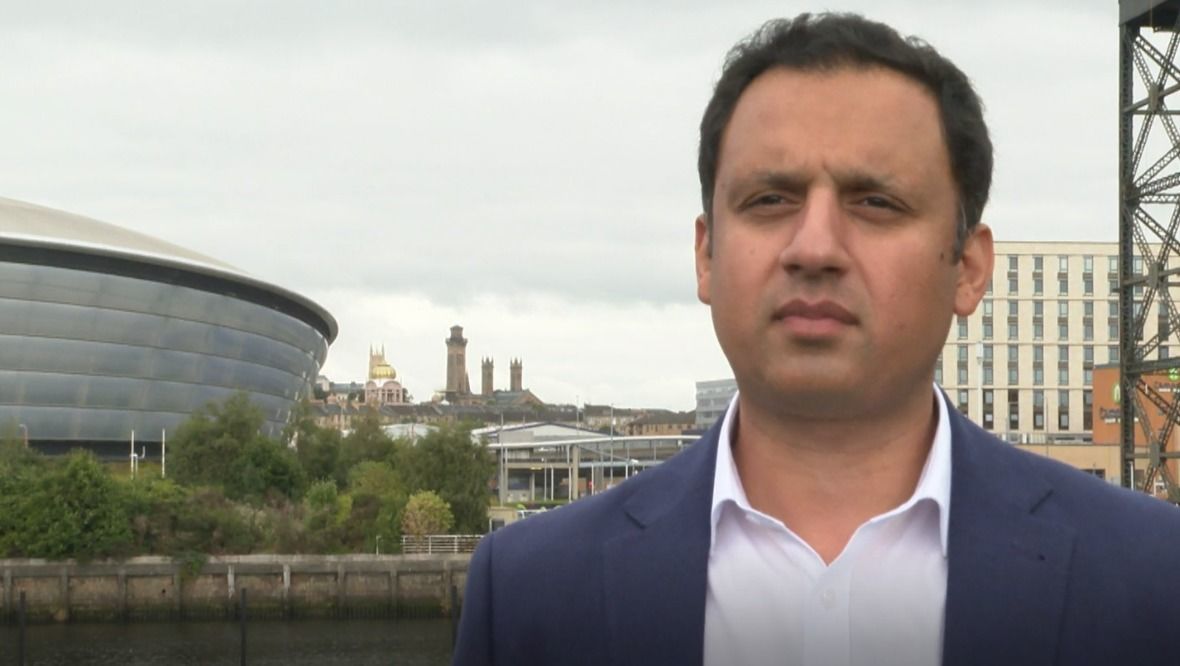Scottish ministers are being challenged to use welfare powers to boost the winter fuel payment by £70, helping pensioners cope with rising energy costs.
Labour’s Anas Sarwar will use his speech to the party’s Brighton conference to warn of the dangers of rising fuel poverty as “energy prices spiral out of control”.
The energy price cap – which limits the amount suppliers can charge for their default tariffs – is to increase by £139 from £1138 to £1277 at the end of this week.
Meanwhile with some energy firms going out of business, there are fears that people could have to pay more when they are transferred over to a different power supplier.
Sarwar will raise the issue when he addresses the Labour Party’s annual conference, making his first speech there since becoming Scottish leader in February.
He will urge the Scottish Government to use its powers over social security to put an additional £70 on to the winter fuel payment.
This is made to those born on or before September 26 1955, and ranges from £100 to £300 depending on circumstances.
Sarwar will say: “This winter too many Scots are facing fuel poverty as energy prices spiral out of control.
“In Scotland, 150,000 pensioners live in relative poverty every year – with thousands more on the brink.
“The Scottish Parliament has the power to make winter payments reflect the pressures on fuel poor households, but the SNP have delayed taking responsibility.
“That is why we would give every pensioner on the lowest incomes £70 now to help them through the winter months.
“Where the SNP obsess over mandates and white papers, the powers of the Scottish Parliament could be used to end the choice between heating and eating this winter.”
Social Justice Secretary Shona Robison said: “We are already taking a wide range of actions within our powers to help people who are on low incomes including the Scottish Child Payment and bridging payments for families on low incomes.
“Our £130 pandemic payment will also reach everyone in receipt of council tax reduction in October. In addition, we have also announced our plans to extend Child Winter Heating Assistance to reach 5000 additional families with severely disabled young people to help them with costs of heating their home.
“Our efforts will be undermined by the UK Government’s plans to remove more than £1000 per year in Universal Credit (UC) payments from the lowest income households. Many of those who will lose out are unable to work due to ill health and disability and more than a third of UC recipients are already in work but rely on the payments to make ends meet.
“We continue to call on the UK Government to reconsider this unjustifiable decision and do more to protect the most vulnerable.”
Follow STV News on WhatsApp
Scan the QR code on your mobile device for all the latest news from around the country


 STV News
STV News

























